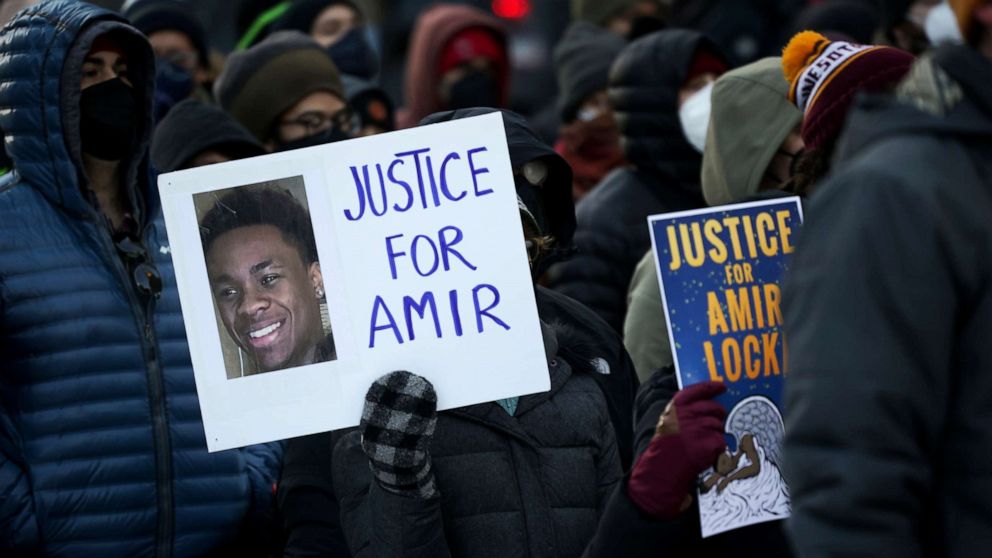
What to know about no-knock warrants, following Amir Locke's fatal shooting
ABC News
Controversial "no-knock" warrants -- that lead to the death of Breonna Taylor and Amir Locke -- allow officers to enter a private home without knocking.
"No-knock" warrants -- where officers don't announce themselves before entering a home -- are under scrutiny once again following the Feb. 2 fatal shooting of Amir Locke, a 22-year-old Black man who was killed during a raid by Minneapolis police officers.
The warrants, which critics say create chaotic and dangerous circumstances, have come under scrutiny before, most prominently in the 2020 killing of Breonna Taylor during a botched drug raid.
"This is an epic failure of policy, and that failed policy killed Amir Locke," civil rights attorney Benjamin Crump, who is representing Locke's family, said in a press conference Monday. "Warrants create chaotic, confusing circumstances that put everyone present at risk and those people are disproportionately marginalized people of color."
While some law enforcement advocates interviewed by ABC News say no-knock warrants are needed to protect the lives of officers in dangerous situations, they recognize the need to refine the process.





















 Run 3 Space | Play Space Running Game
Run 3 Space | Play Space Running Game Traffic Jam 3D | Online Racing Game
Traffic Jam 3D | Online Racing Game Duck Hunt | Play Old Classic Game
Duck Hunt | Play Old Classic Game